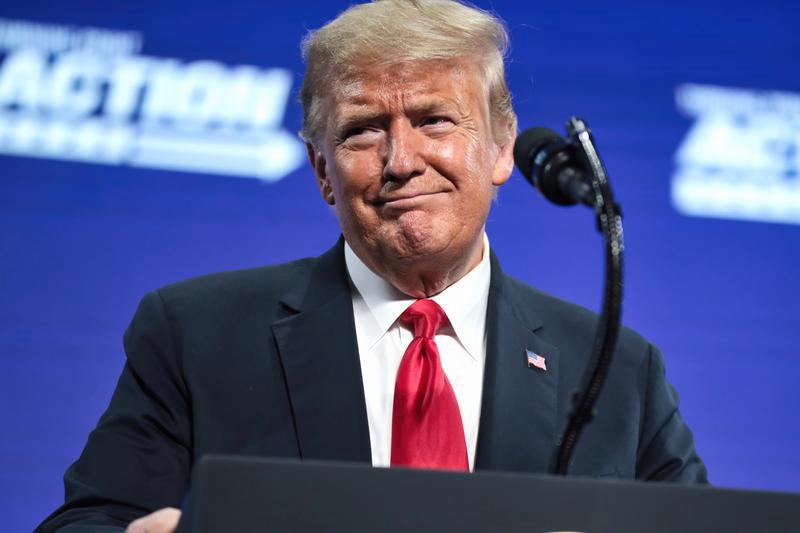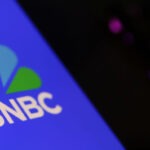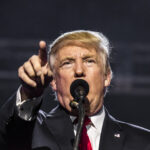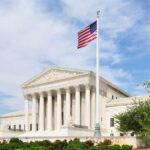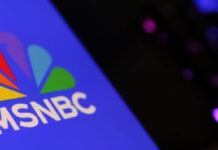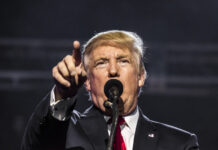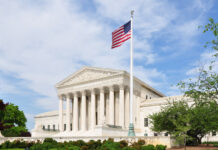President Donald Trump complimented Liberian President Joseph Boakai on his English-speaking abilities during a White House meeting with African leaders on Wednesday, July 9, despite English being the official language of the West African nation. The exchange occurred during a lunch in the State Dining Room and was captured on video, showing an awkward moment that has drawn criticism across social media.
After Boakai delivered remarks at the meeting, Trump responded by saying, “Thank you, and such good English.” The president then asked where Boakai had learned to speak so beautifully and where he was educated. When Boakai indicated he was educated in Liberia, Trump expressed surprise and continued praising his linguistic abilities, noting that some people at the table could not speak nearly as well.
The Liberian leader’s response was notably restrained, with sources describing his reaction as a polite chuckle and mumbled acknowledgment. Video footage showed Boakai facing away from the media during the exchange, making his full reaction difficult to assess. The moment created what observers described as an uncomfortable silence in the room.
Liberia was founded by formerly enslaved and freeborn African Americans who began moving to the area in 1822 with support from the American Colonization Society. The country declared independence in 1847 and established a constitution modeled after the U.S. Constitution. The nation’s capital, Monrovia, was named for James Monroe, the fifth U.S. president, who supported the effort to establish Liberia as a state for freed American slaves.
English serves as Liberia’s official language and lingua franca, though the country has a diverse array of indigenous languages and creolized dialects. Kpelle-speakers represent the largest single linguistic group in the nation. Most Liberians, including Boakai, speak English as their first language. The president himself can read and write in the indigenous Mendi and Kissi languages, but conducts official business in English.
Boakai’s educational background includes attending prestigious institutions in his home country. According to his official biography, he was born in a rural village but walked more than 300 miles twice from Warsonga to Monrovia in pursuit of education. He eventually attended the College of West Africa, one of the country’s top secondary schools, before pursuing higher education and building a career in both the private and public sectors.
The incident has sparked criticism from political figures and commentators. Representative Jasmine Crockett characterized the remarks as racist and embarrassing, noting that asking the president of Liberia where he learned English when it is the official language demonstrates ignorance. Former Representative Adam Kinzinger also criticized the exchange, calling it ridiculous and suggesting it was inappropriate for diplomatic relations.
However, Liberian officials responded diplomatically to the controversy. Foreign Affairs Minister Sara Beysolow Nyanti addressed Trump’s comments on Thursday, stating that Liberian officials took no offense from the president’s remarks. She emphasized that Liberia’s linguistic heritage is deeply American-influenced and that Trump was simply recognizing this connection.
The White House defended Trump’s remarks through spokesperson Anna Kelly, who described them as a heartfelt compliment during what she characterized as a historic moment for U.S.-Africa relations. The meeting included leaders from several African nations, with some requiring interpreters for their remarks while Boakai spoke directly in English.
This incident follows a pattern of Trump making comments about English-speaking abilities during international meetings. Earlier this year, he told an Indian reporter to speak louder during a press conference, citing difficulty understanding the accent. He also had a translator interpret a question from another Indian reporter, despite the question being asked in English.
The exchange has received minimal coverage in Liberian media outlets. The FrontPageAfrica newspaper did not mention the brief exchange in its coverage, while the Daily Observer characterized Trump’s inquiry as jocular, suggesting he was impressed by Boakai’s eloquent remarks.
Trump’s relationship with African nations has been complicated during his political career. During his first term, he faced diplomatic backlash after reportedly referring to African nations in derogatory terms during a 2018 meeting with senators, though he denied using such language. More recently, he has promoted disputed claims about South Africa during meetings with that country’s leadership.
The Wednesday meeting was part of ongoing U.S.-Africa diplomatic engagement, with Boakai advocating for American investment in his country and joint approaches to peace and security in the region. Despite the awkward exchange, both sides indicated their commitment to maintaining diplomatic relations and strengthening bilateral ties between the United States and Liberia.

